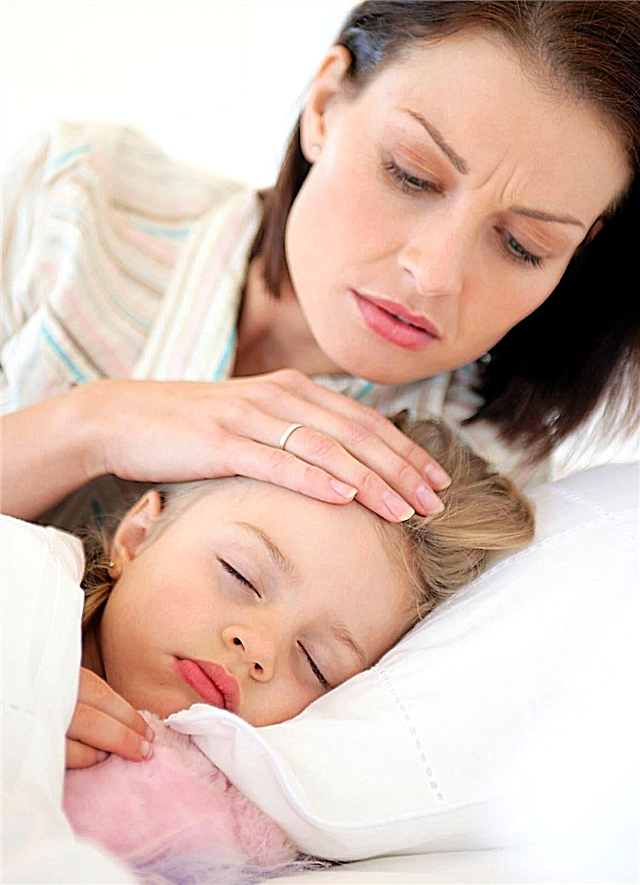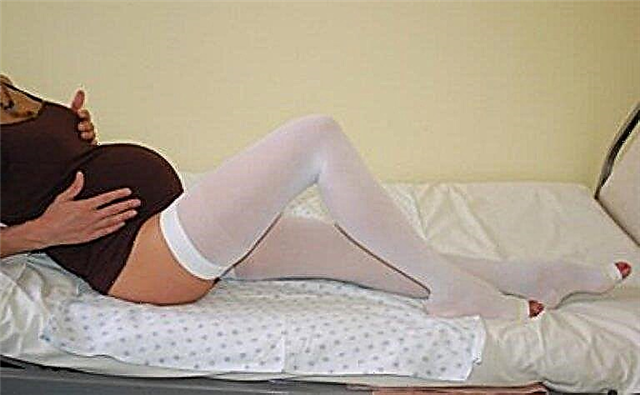
Lower back problems can occur in patients of any age, but more often adults and the elderly complain of lower back pain. It is not always possible for medical specialists to find the true cause of the development of radiculitis or osteochondrosis - then they talk about the age factor, about overload and stress. Psychosomatics studies this question in more detail, which allows you to find an answer to the question of what psychological causes can lead to problems with the lower back.

General information
The loin is part of the back. According to the division of the vertebrae into several sections, the lumbar region is located between the sternum and sacral. The lumbar spine usually carries a heavy load when walking, standing upright, sitting, bending over, squatting. Naturally, back pain significantly limits a person's movements.
Problems can be very diverse: from diseases of the spine, injuries, hernias between the vertebrae to diseases of muscle tissue, the nervous system.
It is believed that hypothermia, excessive physical exertion, falling and lifting weights, as well as age-related or dystrophic changes in bone and muscle tissues, contribute to pain. Also, back pain can be symptoms of diseases that are not related to the musculoskeletal system in general, for example, a sign of renal disease.


When is pain psychosomatic?
If you experience pain, stiffness, or lumbago in the lumbar region, you should definitely consult a doctor. After examination, analyzes, the reason will either be obvious, or the doctor qualifies it as idiopathic, that is, not established. It is in the second case that it will be important to visit a psychotherapist in order to try to find the psychosomatic basis for problems with the lower back.
Psychosomatic pains are pains that are not directly related to a specific ailment (for example, with a hernia between the vertebrae or with a clamped nerve ending). All analyzes and examinations in this case show the norm, and pain is present. Also psychosomatic diseases are considered that arise in close relationship with stress, on the eve of important events, when a person is experiencing quite certain psychological states.
The psychosomatic nature of the disease or pain is also spoken of in the case if traditional treatment does not help, as well as with frequent exacerbations.

Psychosomatic causes
It is impossible to understand the psychology of low back pain in isolation without touching on the psychosomatic meaning of the back. At the physiological level, this part of our body has a supporting function. On the metaphysical, the same thing happens - the back is a symbol of support in life, an opportunity to move forward, to develop.
Many psychoanalysts consider the spine to be the inner core of a person, on which his behavior and psycho-reactions to the outside world are largely based. Often, specialists in the field of psychosomatics tend to believe that the spine is closely connected with the paternal principle, with the influence of the authority of the pope on a person. Studies have shown that many patients with chronic severe diseases of the spine did not have support from their father in childhood, did not learn to trust him, and did not receive the love they deserve from their father. In this case, pathologies usually develop already in adulthood.
Together with the paternal factor, much more is taken into account. A person who complains of psychosomatic lower back pain usually suffers from a disorder of self-identification - then his position in the surrounding world is incomprehensible even to himself.

Self-confident people who are not afraid of possible difficulties and obstacles usually calmly walk through life, meet problems, cope and move on, find workarounds if necessary. They rarely have pain in the lower back.
But for those who are afraid of the new, unknown, fear of interference and circumstances that can act as an obstacle, back pain is a common thing.
Psychotherapists who help people in the treatment of psychosomatic illnesses, observing many patients with idiopathic lumbar pain, have found out who more often than others, tired, responsible people are exposed to pain and stiffness in this part of the back. This category of people habitually takes on as many responsibilities as they simply cannot bear without health losses. Such people groan, but they do both their own work and someone else's.

People with a high level of self-criticism. They can reproach themselves for years for having done something wrong or wrong. They burden themselves with a sense of guilt so much that their burden becomes too heavy.
Anxious individuals who do not see support in life. These are people who constantly suffer from heightened concern for their own future. They are afraid to go forward confidently, because there, ahead, they see such events as ruin, poverty, loneliness. This type of patients is the most common. This includes almost all elderly people who suffer from low back pain in the absence of diagnosed and confirmed diseases of the musculoskeletal system.
It should be noted that almost all adults with low back pain tend to be anxious about financial and material issues. They also often blame others for their financial inefficiency and insolvency: the state, the boss, economists and politicians, as well as more successful relatives and friends.

Considering all of the above, it becomes clear why psychosomatic lower back pain in childhood is a rare phenomenon. But they do happen, and therefore need separate explanations.
Children and adolescents who do not have relationships with their own fathers and older men in the family usually complain of pain and limited movement in the lumbar region of the back. They do not see support in them, do not know how to look for it in themselves. Usually these are very insecure children, timid, shy, intimidated.
Finding a friend in an older man usually relieves them of psychosomatic pain, but the very task of making friends is very difficult.

Vertebra diagnostics
Renowned author and researcher in the field of psychosomatics Louise Hay has compiled a table of psychosomatic causes of problems with individual vertebrae. If we consider only the lumbar, then the specification of the causes of pain can be simplified. She wrote that the lumbar vertebrae have the following meanings:
- first lumbar (L1) - a strong lack of self-confidence, their strengths, the desire for love and a contradictory desire to be alone;
- second lumbar (L2) - adherence to children's attitudes, refusal to let go of children's grievances, inability and unwillingness to look for a way out;
- third lumbar (L3) - difficult sexual experience, strong feelings of guilt, contemptuous and hateful attitude towards oneself;
- fourth lumbar (L4) - financial worries, career aspirations and fears, a feeling of helplessness;
- fifth lumbar (L5) - latent anger at the father, at men, at loved ones, a feeling of lack of support, hope, inability to enjoy events and communication with people.

Causes of diseases
Curvature of the spine in the lumbar region often indicates helplessness and even some infantilism of a person. He not only does not know how to help himself, but is also afraid to accept the help that others offer him. Also, people with scoliosis in a lumbosacral hotel do not know how to admit that they are wrong, they do not have enough courage and determination to do it.
Muscle pain in the lower back often indicates that a person regards his position as a dead end, does not see a way out, cannot or does not want to look for it, is afraid to solve problems, and tries to hide from them. At the same time, the pain on the right suggests that such problems exist in relations with the outside world, and on the left - about problems in the family, in personal relationships with loved ones.

Osteochondrosis of the lumbar spine is manifested by pain with giving back to the leg or hip, so it is often confused with sciatica. Prolonged containment of negative experiences leads to tension in the muscles holding the vertebrae, deformation and dysfunction of individual vertebrae occur.
In especially severe cases, a hernia of the lumbar spine develops, a pinched nerve or a whole nerve node.
The causes of lumbar osteochondrosis should be looked for in the old accumulated load of experiences, guilt, resentment, which a person for some reason refuses to throw off himself and move on easily. Also, the reason should be looked for in a person's attitude to material wealth - it is possible that the fear of being poor, hungry, beggar is too strong, so a person accumulates money for future use, is afraid of losing it, takes on additional work and unbearable duties. Often he suffers from constipation.

Treatment
Psychotherapists recommend starting the search for the true cause of lower back problems in your own childhood. Sometimes the blame for everything is the attitude that parents created in childhood, who demanded from the child that he did everything himself, did not count on anyone, did not rely on, did not ask for help.
In search of a reason, you need to ask yourself the following questions:
- What scares me in the future?
- What burdens me in the past?
- Am I doing well, am I not taking on my responsibilities?
- Who am I offended at?
- Am I ready to ask for help right now?
- Can I accept help from others if they offer it right now?

The appearance of psychosomatic lower back pain is always a signal that the situation is “ripe” and needs a way out. If you work a lot and solve all the problems of all your household and friends, create a new work schedule for yourself, in which there will be a place to relax, and it will not hurt friends and family to solve some of their own problems on their own, without your participation.
If the cause of pain is in material anxiety, fear of the future, you should visit a psychotherapist or psychologist, formulate precisely the cause of fear and eliminate it - people who know how to experience hope, faith in the best are healthier and happier. You can donate your savings to a bank, take advantage of investment opportunities, or turn them into real estate so as not to worry about their safety.
Past grievances and griefs should be forgiven and released. This is not as difficult as it seems if there is a sincere desire to get rid of both the illness and unpleasant memories. You also need to reconsider your relationship with your father. Try to understand why he did exactly that, what undoubted advantages he has.

It is clear that rather painful sensations in the lower back will require medication.
Be sure to take what the doctor has prescribed, attend physiotherapy, do therapeutic exercises. But do not forget about your psychological state, which made the disease possible, otherwise the treatment will not bring the desired result.
Treatment can bring you real pleasure: in the process of understanding your fears, you will get rid of them, and forgiveness will bring a sense of relief, calmness, self-satisfaction and peace.
In the process of treatment, swimming and water procedures are useful - upon contact with water, a person becomes softer, more plastic and mobile, it becomes easier for him to make decisions and be flexible in different life situations.




